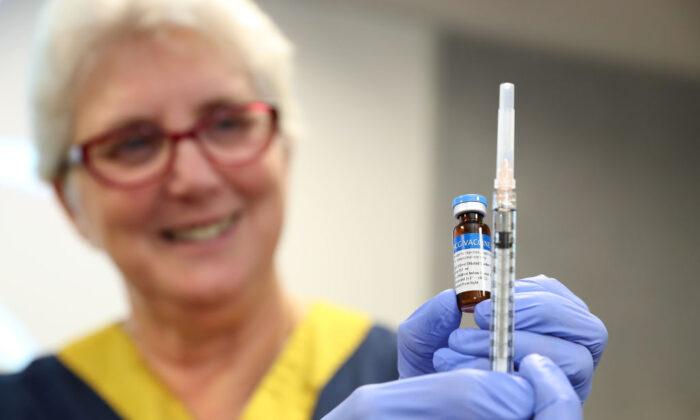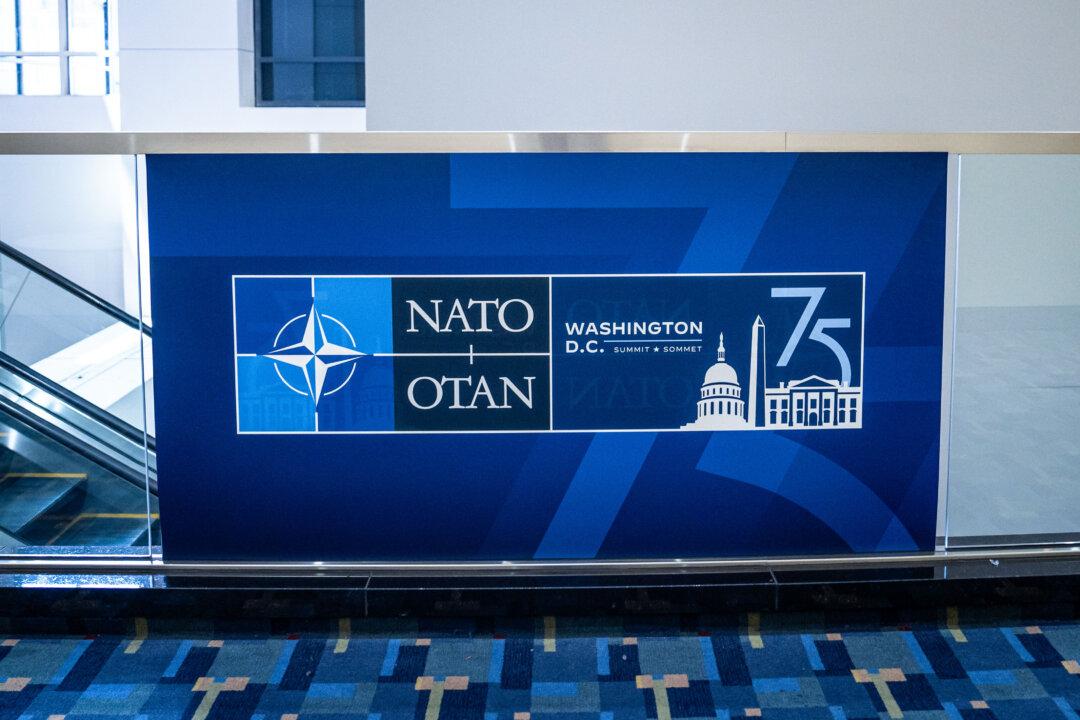The Australian government will indemnify drug manufacturers against legal action for any adverse side-effects caused by the COVID-19 vaccine, which is currently undergoing trials.
The government has decided against implementing a no-fault compensation scheme to cover any potential claims from patients experiencing side-effects from the new drug, according to a statement issued by the Department of Health to The Epoch Times.
“The government is committed to providing access to safe and effective COVID-19 vaccines,” the statement read.
“The government has acknowledged the need to appropriately share risks associated with achieving early access to a successful vaccine and has actively engaged with potential COVID-19 vaccine suppliers on this issue,” it continued.
British pharmaceutical giant AstraZeneca is currently sponsoring the development of a vaccine at Oxford University, while Melbourne’s Commonwealth Serum Labs (CSL) is backing a vaccine project at the University of Queensland.
No-fault schemes currently operate in a range of countries including Canada, New Zealand, the United States, Denmark, Germany, and Austria etc.
They would cover individuals for any adverse reaction to a vaccine without having to go through a court process, which can often be costly.
Nicholas Wood, associate professor at the University of Sydney and vaccine expert, said there was an “ethical justification” for a vaccine injury compensation scheme to operate in Australia.





